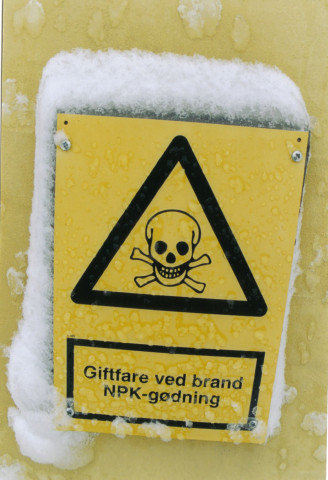Deadly drains
The tragic incident in DI Khan calls for a strict watch on companies by EPA as to where and how waste is disposed.

In order to protect humans, strong measures should have been taken, the foremost being the treatment of the toxic chemicals prior to their being dumped in the drain. PHOTO: FILE
In order to protect humans, strong measures should have been taken, the foremost being the treatment of the toxic chemicals prior to their being dumped in the drain. A bridge to facilitate pedestrians should have been installed with the danger zone properly cordoned off. Getting to the crux of the matter would have been to carefully plan toxic waste management sites, taking into account all regulations, the properties of the waste, and its effects on human and animal health. The impact of chemicals on human biology is vast but we ignore the implications they have on us. We reuse plastic soda bottles for drinking water without realising that plastics contain bisphenol A, a contaminant that affects human endocrinology and reproductive health. Neither do we take care not to dump trash outside our homes and we often see wads of paper or paan wrappers chucked through car windows. Because we do not care about polluting our own country, it is no wonder that our country has become a dumping ground for other countries as we continue to import hazardous plastic and hospital waste from abroad.
The tragic incident in DI Khan calls for a strict watch on companies by provincial EPAs as to where and how waste is disposed. Teaching all employees, from the janitor to the CEO, about the properties, hazards and proper disposal of their materials and byproducts should be mandatory. Until the Ministry of Climate Change enforces these regulations through provincial EPAs, who, in turn, must keep a vigilant watch on factories and mills, it is a long trek uphill to cleaning up the country.
Published in The Express Tribune, May 7th, 2014.
Like Opinion & Editorial on Facebook, follow @ETOpEd on Twitter to receive all updates on all our daily pieces.















COMMENTS
Comments are moderated and generally will be posted if they are on-topic and not abusive.
For more information, please see our Comments FAQ